Sport
Dollar
38,2552
0.34 %Euro
43,8333
0.15 %Gram Gold
4.076,2000
0.31 %Quarter Gold
6.772,5700
0.78 %Silver
39,9100
0.36 %The Jewish state’s facade of invincibility is coming apart in the face of global institutions’ efforts to punish Israeli leaders for their crimes against Palestinians and humanity.
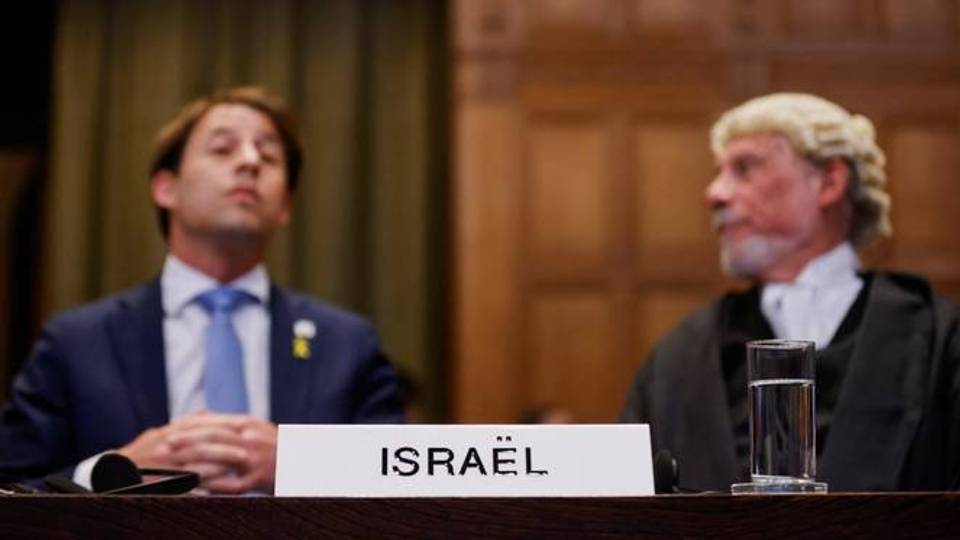
By Ihsan Faruk Kilavuz
"I insist that all attempts to impede, intimidate or improperly influence the officials of this court must cease immediately."
The chief prosecutor of the International Criminal Court (ICC) issued this cryptic warning when he publicised his intention to issue arrest warrants for Israeli and Hamas leaders.
Although this warning initially seemed like a routine and general judicial statement, a staggering journalistic investigation jointly conducted by three media outlets—the Guardian, +972 Magazine, and Local Call—revealed that Karim Khan deliberately chose these words and directly addressed the involved parties.
The joint investigation uncovered that senior Israeli government and security officials orchestrated a nine-year surveillance operation targeting the ICC to impede the investigation into war crimes and crimes against humanity committed by Israeli leaders.
Unlike the International Court of Justice (ICJ), which deals with the legality of state actions, the ICC focuses on individuals suspected of committing war crimes.
Thus, the Israeli side perceived the ICC's investigative efforts towards Israel as an "immediate and concrete threat" and directed its operational efforts at intimidating individuals, mainly focusing on former chief prosecutor Fatou Bensouda and current incumbent Khan.
The covert operation engaged the highest levels of the Israeli government, including the Ministries of Justice, Foreign Affairs and Strategic Affairs, the intelligence community, and both civilian and military legal systems, to obstruct the investigation.
Persona non grata: Fatou Bensouda
Fatou Bensouda has long been a target of Israel's smear campaigns, as she initiated preliminary and formal investigations into war crimes committed by Israeli officials in the occupied Palestinian territories following Palestine's accession to the ICC.
Bensouda initiated efforts to launch a war crimes investigation into Israel's actions during the 2014 Gaza conflict despite facing significant pressure and opposition from both Israel and its all-weather ally, the US.
Tel Aviv's main objection to the court was that it lacked jurisdiction over Israel.
Tel Aviv has consistently argued that the ICC lacks jurisdiction to prosecute Israeli officials due to Israel's non-membership in the Rome Statute, which established the court, and because Palestine is not a full member state of the United Nations.
Despite this, Palestine was recognised as an ICC member upon signing the convention in 2015, following its admission to the UN General Assembly as a non-member observer state.
Offences against 'administration of justice'
Karim Khan made headlines recently by announcing the request for the arrest warrant of Israeli Prime Minister Benjamin Netanyahu and Defence Minister Yoav Gallant.
By declaring this significant legal move against Israeli leaders, Khan also implied in the same statement that pressures and interventions on the court persist.
He stated, "I will not hesitate to prosecute attempts to obstruct, intimidate, or improperly influence ICC officials!"
Khan's assertion was a bold act of defiance grounded in legal principles. He showed that the international justice system will not cower to the illegal and criminal activities used by Israel to pervert the course of justice.
Tel Aviv hit a hard wall this time and now faces the risk of an additional investigation under Article 70 of the Rome Statute.
Article 70, titled "Offences against the administration of justice," deems interventions aimed at obstructing or corruptly influencing investigation and trial processes as punishable crimes, ensuring the safeguarding of these proceedings.
In this context, Israel's clandestine campaign against the court falls within the jurisdiction of the ICC, as specified in the article: actions such as impeding, intimidating, or corruptly influencing a court official to deter or coerce them from properly performing their duties are deemed punishable.
Consequently, Khan emphasised the court's deterrent power, declaring that it will stand against offences against the administration of justice. How far actions will follow such rhetoric remains to be seen, but at least Israel was exposed for what it is: A rogue state.
Shortly after joining the court, the Palestinian Authority (PA) requested the prosecutor's office to investigate crimes committed in Gaza, the occupied West Bank, and East Jerusalem.
Fatou Bensouda, the then-chief prosecutor, initiated a preliminary examination to determine whether the criteria for a full investigation were met.
Bensouda's action raised alarm in Tel Aviv and prompted Israel to take action, mobilising military and civilian legal experts, as well as intelligence, to thwart her investigation. This coordinated effort was overseen by the Israeli National Security Council (NSC), operating under the authority of the Prime Minister's Office.
It has been revealed that former Mossad chief Yossi Cohen was at the heart of the covert operations focusing on Bensouda, which started even before she decided to initiate a formal investigation into alleged war crimes in the occupied Palestinian territories.
Some of these actions included secret meetings between them.
According to the report, the covert operation is reported to have received approval from the top echelons of the Israeli government, and Cohen's involvement in the investigation extended beyond mere interference to the point of directly threatening the chief prosecutor.
He used bullying, blackmail, and intimidation tactics against Bensouda and her family.
Moreover, the spymaster reportedly bolstered the threats against the chief prosecutor and her family with actions, allegedly presenting her with secretly taken photographs of her husband during a trip to London.
However, despite Tel Aviv's covert campaign, Bensouda remained steadfast.
In March 2021, on the brink of handing over her duties, she announced the initiation of a formal investigation following the preliminary examination.
Subsequently, Bensouda's tenure as chief prosecutor ended in June 2021, and she passed on the responsibility of holding Israeli officials accountable for war crimes and crimes against humanity committed in Palestinian territories to Karim Khan.
Offences against 'administration of justice'
Karim Khan made headlines recently by announcing the request for the arrest warrant of Israeli Prime Minister Benjamin Netanyahu and Defence Minister Yoav Gallant.
By declaring this significant legal move against Israeli leaders, Khan also implied in the same statement that pressures and interventions on the court persist.
He stated, "I will not hesitate to prosecute attempts to obstruct, intimidate, or improperly influence ICC officials!"
Khan's assertion was a bold act of defiance grounded in legal principles. He showed that the international justice system will not cower to the illegal and criminal activities used by Israel to pervert the course of justice.
Tel Aviv hit a hard wall this time and now faces the risk of an additional investigation under Article 70 of the Rome Statute.
Article 70, titled "Offences against the administration of justice," deems interventions aimed at obstructing or corruptly influencing investigation and trial processes as punishable crimes, ensuring the safeguarding of these proceedings.
In this context, Israel's clandestine campaign against the court falls within the jurisdiction of the ICC, as specified in the article: actions such as impeding, intimidating, or corruptly influencing a court official to deter or coerce them from properly performing their duties are deemed punishable.
Consequently, Khan emphasised the court's deterrent power, declaring that it will stand against offences against the administration of justice. How far actions will follow such rhetoric remains to be seen, but at least Israel was exposed for what it is: A rogue state.
Why international justice needs to stand firm
Israel's unlawful wars against Palestinians have long transformed into "a war against international law itself".
Tel Aviv’s de facto status as "above the law" is increasingly questioned. Thus, the Jewish state has stepped up its activities that undermine international law. Its new logic is: "If there is no international law, there is no violation."
In this regard, Israel, which previously endeavoured to prove that its actions were "within the bounds of the law" in response to "violation" allegations, now no longer feels the need for such justification, even "ghosting" international legal bodies, as seen in its recent massacres in Rafah despite the ICJ's decision.
Undoubtedly, Tel Aviv's audacity is rooted in its impunity and the unquestionable support it has received from its Western allies for decades.
However, the gradual increase in reactions against Tel Aviv by both the ICC and ICJ shows that things are changing, and the climate of impunity will eventually come to an end.
All things considered, international judicial institutions should remain courageous against Israel despite all threats and campaigns. They should not hesitate to utilise all legal means at their disposal to promote respect for international law and its representatives.
Political pressure combined with a strong judiciary is the path forward to ending this long-tolerated injustice.
Author: Ihsan Faruk Kilavuz is a TRT World Research Center researcher specialising in international human rights law and armed conflicts.
Comments
No comments Yet








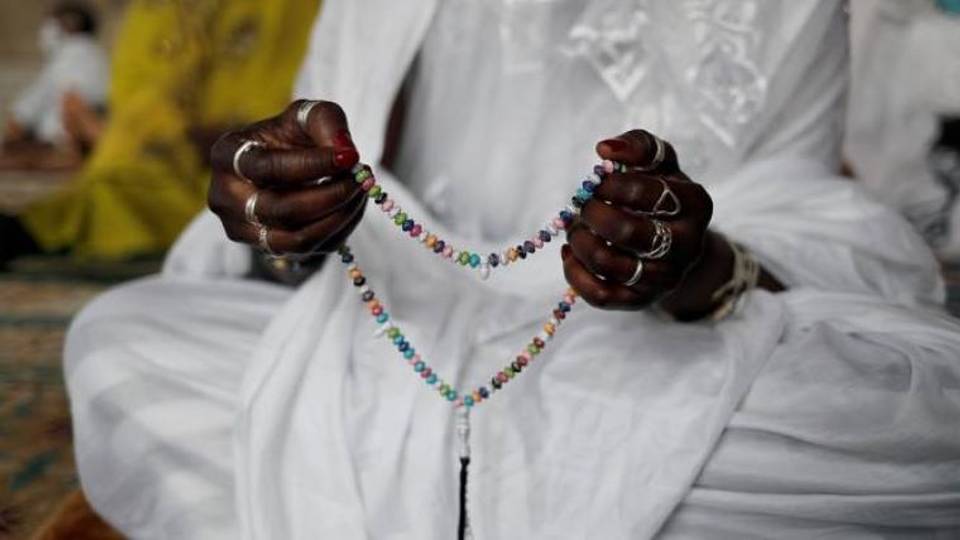
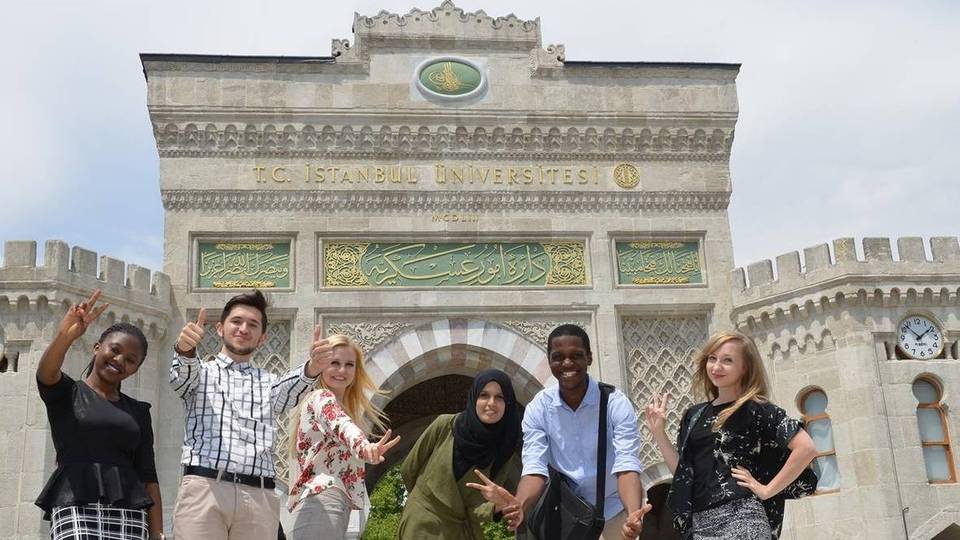
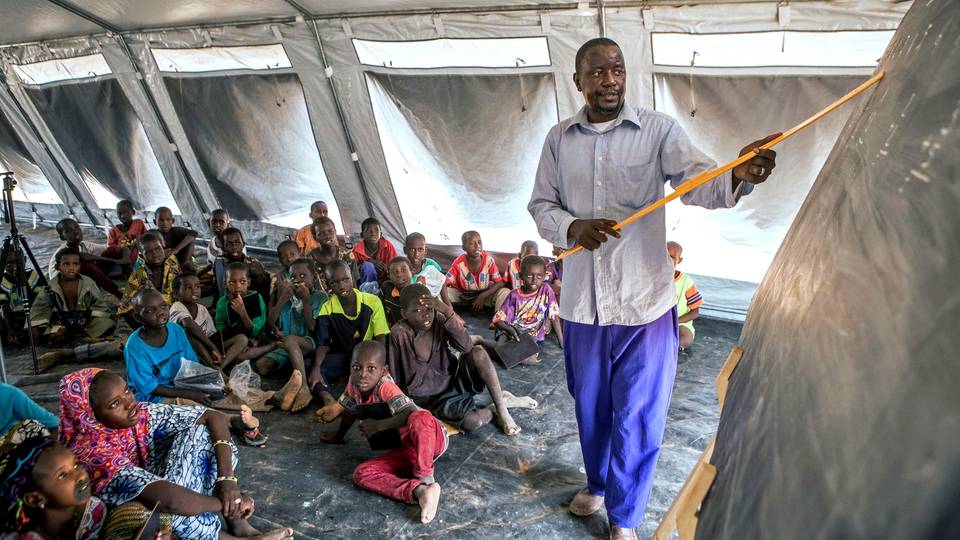
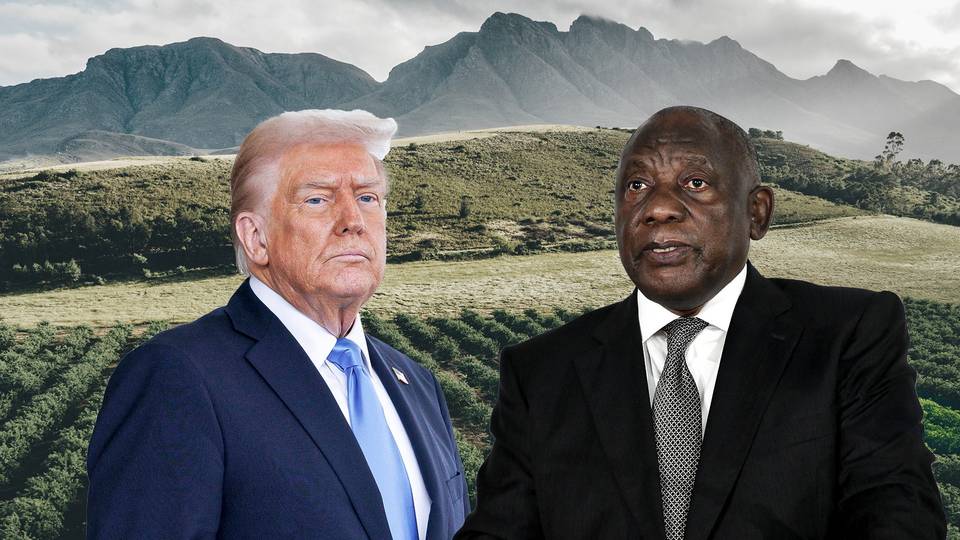








Comment